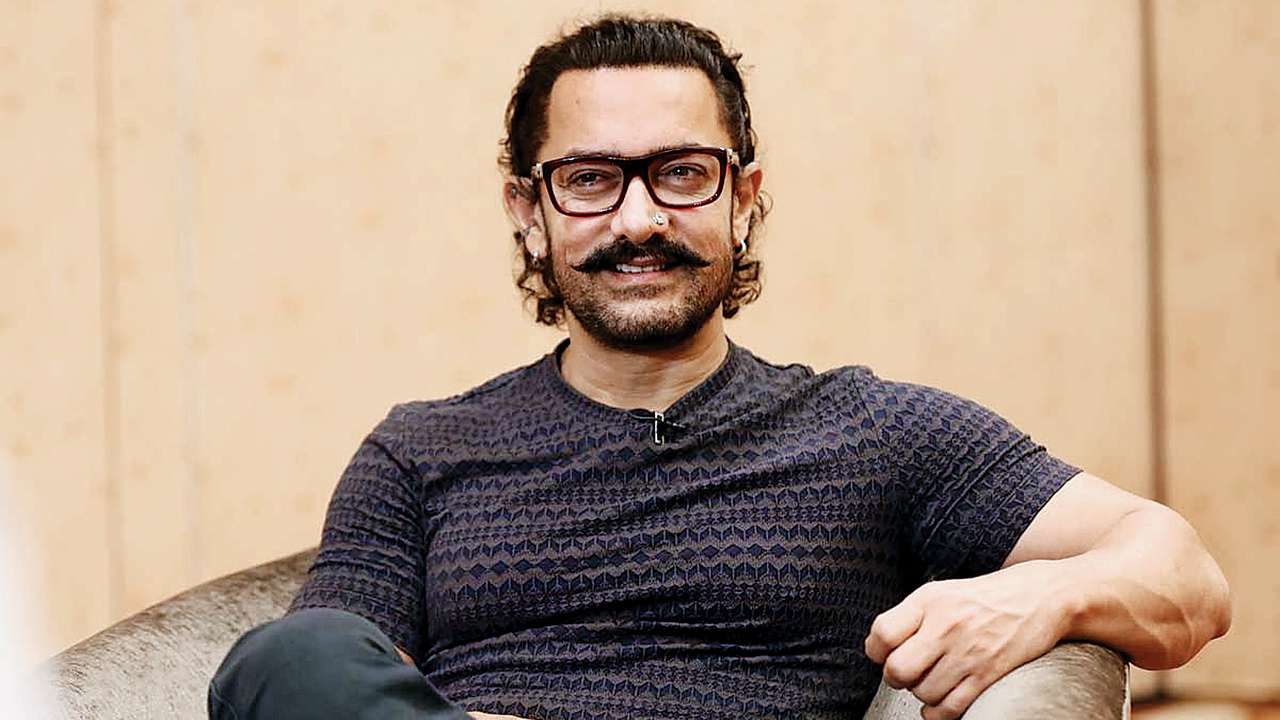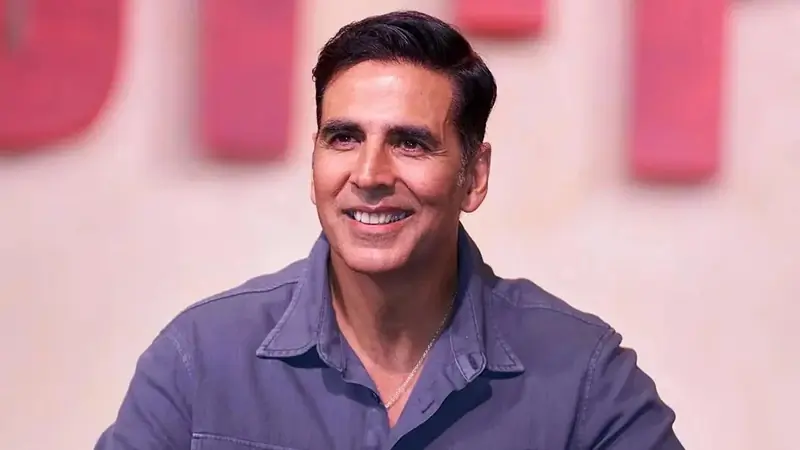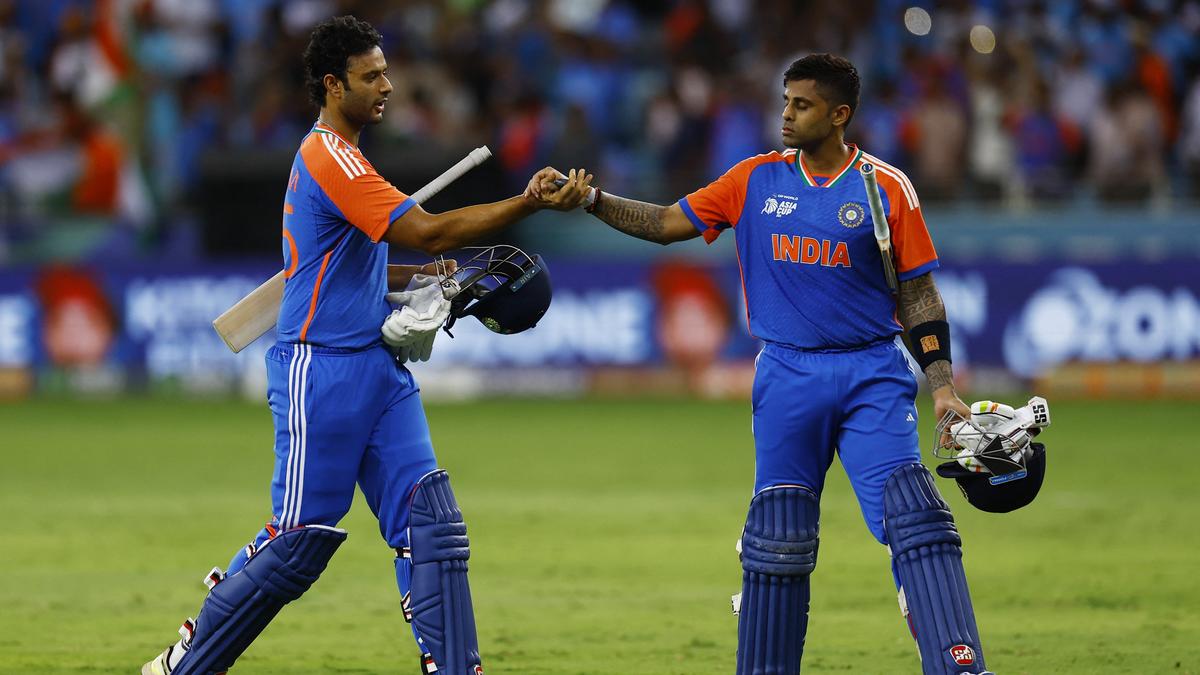Balraj Sahni Biography: Life Story, Career, Family, Movies & Achievements
Introduction
Balraj Sahni was one of Indian cinema’s most respected actors and writers, admired for his naturalistic performances and socially conscious storytelling. Known for classics like Do Bigha Zamin, Kabuliwala, Waqt, and Garam Hawa, he broke away from melodrama and brought a quiet, powerful realism to Hindi cinema. A true intellectual and humanist, Sahni balanced his love for art with a deep commitment to social justice, making him a pioneer of India’s parallel and progressive cinema.
Personal Information
- Full Name: Yudhishthir Sahni (popularly known as Balraj Sahni)
- Date of Birth: 1 May 1913
- Birthplace: Rawalpindi, Punjab Province, British India (now in Pakistan)
- Nationality: Indian
- Zodiac Sign: Taurus
- Died: 13 April 1973, Bombay (now Mumbai), Maharashtra, India (aged 59)
Physical Appearance
- Height: 5 feet 10 inches (178 cm)
- Weight: Approx. 75 kg
- Hair Color: Black (later grey)
- Eye Color: Dark Brown
- Distinctive Feature: Calm, expressive eyes and understated screen presence
Early Life & Family Background
Balraj Sahni was born into a Punjabi family in Rawalpindi. His father, Harbans Lal Sahni, was a businessman. Raised in a culturally rich environment, Balraj developed a love for literature, theatre, and social activism from a young age.
Education Journey
- Graduated in English Literature from Government College, Lahore.
- Earned a Master’s degree in English from Lahore University.
- Briefly worked as a school teacher and radio announcer for the BBC Hindi Service in London during World War II.
Early Career & Entry into Films
- After returning from London, Sahni joined Gurudutt Shatak’s IPTA (Indian People’s Theatre Association), where he became involved in progressive theatre and writing.
- Made his film debut with Insaaf (1946) but struggled initially due to the dominance of commercial cinema.
- His big break came with Do Bigha Zamin (1953), directed by Bimal Roy, where he played a poor farmer fighting for survival. The film became a milestone in Indian neorealist cinema and won international acclaim, including a prize at the Cannes Film Festival.
Rise to Stardom
Balraj Sahni became known for his subtle and socially relevant performances:
- Kabuliwala (1961) – Played a warm, heartbreaking Afghan fruit seller, earning critical and audience love.
- Waqt (1965) – A family drama showcasing his dignified screen presence.
- Garm Hava (1973) – His final and most powerful performance as a Muslim businessman grappling with Partition realities.
His acting style was marked by restraint, emotional depth, and realism, influencing generations of actors in both mainstream and parallel cinema.
Bollywood Journey & Iconic Films
- Do Bigha Zamin (1953)
- Seema (1955)
- Kabuliwala (1961)
- Haqeeqat (1964)
- Waqt (1965)
- Anpadh (1962)
- Garam Hawa (1973)
Awards & Achievements
- Filmfare Best Actor Award (1961): For Kabuliwala.
- BFJA Award for Best Actor (1954): For Do Bigha Zamin.
- Do Bigha Zamin won the International Prize at Cannes Film Festival.
- Honored posthumously for his contribution to socially conscious cinema.
Personal Life
Balraj Sahni’s personal life was as rich and meaningful as his artistic journey:
- Marriage & Family:
- First married Damayanti Sahni, a writer and IPTA activist. Their partnership was built on shared ideals of art and social justice. Tragically, Damayanti passed away in 1947.
- Later married Santosh Chandhok, who supported his career and family life.
- Children: He had a son, Parikshit Sahni, who also became a respected film and television actor.
- Intellectual & Political Beliefs:
- Deeply influenced by Marxist and socialist ideas.
- Actively involved in the Progressive Writers’ Association and IPTA, advocating for workers’ rights and cultural freedom.
- Personality:
- Known for his humility and intellectual depth.
- An accomplished writer, he authored several books, including travelogues like Mera Rusi Safar (My Russian Journey).
- Maintained a simple lifestyle despite his fame, often speaking out against the excesses of commercial cinema.
- Final Days:
- Just days before his death, Sahni completed filming Garm Hawa. His poignant performance reflected his real-life concerns about communal harmony and social justice.
Legacy & Influence
Balraj Sahni is remembered as a torchbearer of realism in Indian cinema. He inspired actors like Naseeruddin Shah, Om Puri, and Irrfan Khan to embrace naturalistic acting. His work in Do Bigha Zamin and Garm Hawa remains essential viewing for anyone interested in Indian cinema’s artistic and political evolution. Beyond acting, his writings and activism continue to influence generations of artists and intellectuals.
FAQs
Q1: What was Balraj Sahni’s debut film?
A: Insaaf (1946).
Q2: Which film earned Balraj Sahni international acclaim?
A: Do Bigha Zamin (1953).
Q3: Who is Balraj Sahni’s son?
A: Actor Parikshit Sahni.
Q4: Did Balraj Sahni write books?
A: Yes, he authored several works including Mera Rusi Safar and Meri Filmi Aatmakatha (My Film Autobiography).
Q5: What is Balraj Sahni’s most iconic performance?
A: His role in Garm Hawa (1973) is considered his career’s finest and most impactful.





